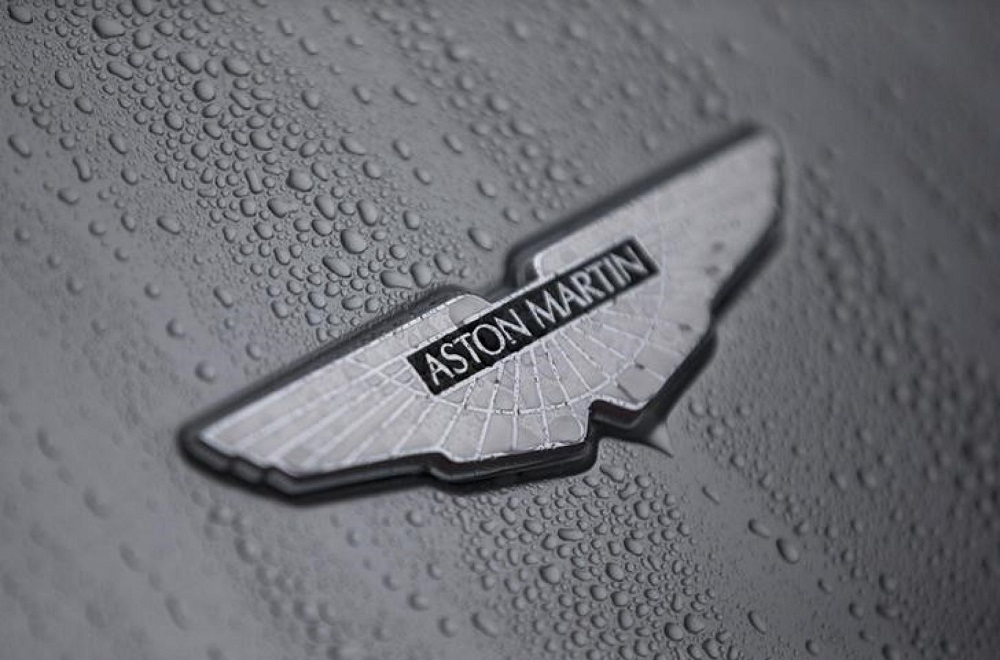London – Car firms working in the UK have felt increasing pressures and forecasts say vehicle production will drop this year compared to the last year, driven by the ambiguity of Britain’s post-Brexit situation in 2019.
Cars manufactured in Britain dropped by 14 percent in June compared to the same month in 2016, while manufacturing is expected to reach 1.8 million cars in 2017 compared to over 1.9 million in 2016. More than half of cars produced in the UK are exported.
However, the kingdom’s decision to leave the European Union has omitted the protection of the British industry, as Europe imposes 10 percent fees on car imports.
If the British car firms don’t sign a commercial agreement that exempts them from these fees, they will face many problems in exporting their cars to Europe.
For its part, Aston Martin considered that legislation without the required support that seen in Germany, China, Japan and South Korea is potentially hazardous to the future of the domestic industry.
Aston Martin’s Chief Marketing Officer Simon Sproule also highlighted the importance of electric cars. He said the UK risks simply becoming a massive importer of batteries if it does not fund the transition to zero-emissions technology.
Even with help, a future with only electric vehicles poses a challenge for automakers such as Aston Martin, McLaren Automotive and Morgan Motor. Aston Martin will test whether its customers are willing to pay for a battery-powered model when it rolls out the all-electric RapidE in 2019.
The company said by 2040, it plans to offer a zero-emissions variant of all of its models, but electric vehicles will work in every situation for every consumer. Electric cars currently account for less than 5 percent of new-car registrations in Britain.
